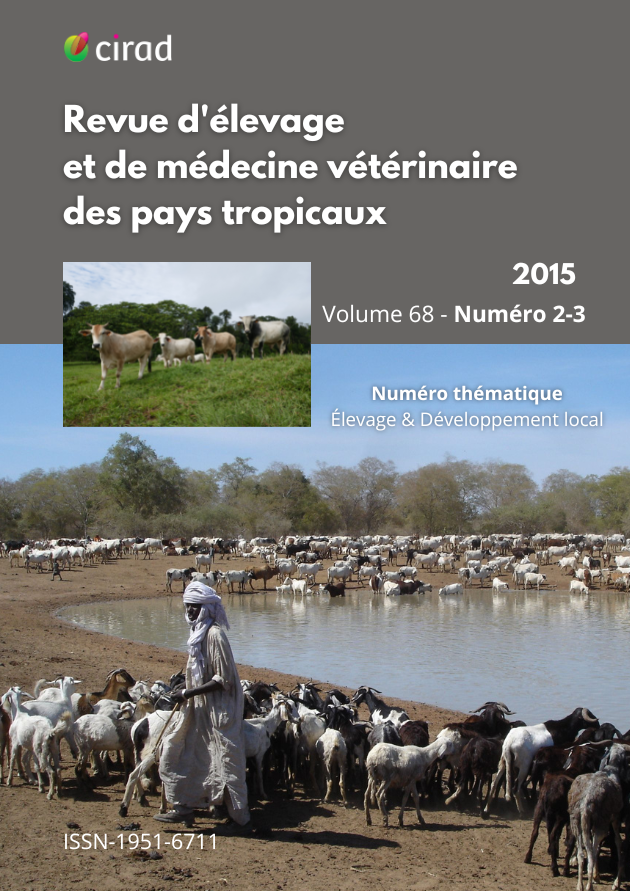Vulnerability of family livestock farming on the Livramento-Rivera border of Brazil and Uruguay: Comparative analysis
DOI:
https://doi.org/10.19182/remvt.20588Keywords
Cattle, family farm, risk factor, Brazil, UruguayAbstract
Social, ecological, and economic sciences have all shown interest in studying the social group called family livestock farmers. The main characteristic of this group, which is present in the Pampa biome in Southern Brazil and Uruguay, is beef cattle production based on family work on small lands, expressing an autonomous way of life which is, however, highly dependent on strong relations with the physical environment and marked by risk aversion. In this study we made a comparative analysis of vulnerability factors of family livestock farming in Brazil and Uruguay. We also compared these social actors’ perceptions of risks, and the strategies built to mitigate threats. A survey was thus carried out and included 16 family livestock farmers’ interviews, eight in each country,near the cities of Santana do Livramento (Brazil) and Rivera (Uruguay). Although these cities are next to each other on each side of the border and thus present environmental similarities, we chose them because family farming was not subjected to the same political and economic conditions which might (or might not) have influenced farmers’ perceptions and reactions. Results showed that livestock farmers were mainly affected by vulnerabilities arising from external elements such as the climate (e.g. droughts or harsh winters), but also from internal elements (lack of land access and successors). From the family livestock farmers’ standpoint, the highest risks to their production systems and social system reproduction were more related to climate than to price and market variations.
Downloads
Downloads
-
Abstract894
-
PDF202
Received
Accepted
Published
How to Cite
Issue
Section
Categories
License
© P.D.Waquil et al., hosted by CIRAD 2016

This work is licensed under a Creative Commons Attribution 4.0 International License.






